Over the past two years, the minimum wage in Lebanon has fallen by 84% due to the devaluation of the Lebanese pound. The country has been facing an economic crisis which, according to the World Bank Lebanon Economic Monitor (LEM), could rank in the top three most severe crises episodes globally since the mid-nineteenth century (World Bank, 2021). The crisis has left almost three-quarters of the population below the national poverty line (United nations news, 2021). Nevertheless, the corrupt political regime deemed it insufficient to starve more than half of the population to death. Today, on top of medicine and gas shortage, electricity cuts and constant uncertainty, the Lebanese starve for justice.
On the 4th of August, 2020, one of the largest non-nuclear explosions in history occurred in Beirut’s port, killing more than 200 people, injuring 7.000 people and destroying 77.000 apartments (Human rights watch, 2021). The explosion was the result of the detonation of a huge stockpile of ammonium nitrate which had been stored unsafely at the port for six years. More than a year has passed since the horrifying event and unsurprisingly, not one official has been convicted. The investigation has failed to meet international standards as a result of the immunity of high-level political officials (Human rights watch, 2021).
Since the explosion, political officials have ensured to continuously impede the investigation. Judge Fadi Sawan spent months investigating the Beirut blast only to be eliminated after a legal complaint was filed by former ministers Ali Hassan Khalil and Ghazi Zeiter, claiming that Sawan could not investigate the blast fairly (New York Times, 2021). The court ruled that the damage caused by the blast to Sawan’s home could bias his investigation, leading to his removal. This decision was indeed not coincidently after Sawan charged former government ministers Zeiter, Khalil, Youssef Finyanous and outgoing prime minister Hassan Diab of criminal negligence. Officials managed to remove Sawan, adding more delay and pain in the hearts of victims’ families whose tears have not dried yet.
Following the removal of Sawan, judge Tarek Bitar was appointed last February to proceed with the investigation of the Beirut blast (Al Jazeera, 2021). Bitar had submitted a request on July 2, 2021, to parliament to remove the immunity for former ministers Zeiter, Khalil and Nohad Machnouk. To date, the parliament has not lifted the immunity, hence hindering the investigation once again. Other requests made by Bitar to prosecute army and political officials were refused by the higher defense council.
On October 11, 2021, Bitar issued an arrest warrant for Khalil, a Shiite member of parliament and a close adviser to Nabih Berri – the leader of the Amal party. As Bitar got closer to the Shiite members of the parliament, Hezbollah leader Hassan Nasrallah accused him of using the investigation to politically target officials (Chehayeb, 2021). In accord with these claims, supporters of the Amal movement and Hezbollah protested on the 14th of October demanding the removal of Bitar. The event took a turn when gunshots targeting protestors commenced, which were claimed to be initiated by snipers in nearby buildings who belong to the Lebanese Forces – a Christian political party and former militia opposing Hezbollah. Protestors scattered after to retrieve weapons and proceeded to shoot back. The deadly clashes resulted in the death of at least 6 people and injured dozens (New York Times, 2021). Shortly after the exchange of fire stopped, Shiite officials warned unnamed forces of “dragging the country into a deliberate strife” (Qiblawi & Salem, 2021).
It is no secret that the political regime has long benefited from the sectarian division in Lebanon, which has 18 recognized sects. Indeed, these events triggered flashbacks of the country’s catastrophic 15-year civil war, which ended in 1990. The conflicts between these militias have shaped the country’s politics, further dividing the Lebanese population and profiting from their terror.
They have conditioned the Lebanese population into learned helplessness, a behavior commonly exhibited by people who have accepted their powerlessness. The civil war card is repeatedly used as a shield for their corruption. This tactic of psychological manipulation had long worked, as the traumas of those who survived the civil war persisted. To their disadvantage, a large proportion of Lebanese citizens have broken out of their sectarian chains. As many have become aware, their threat of steering the country into civil war is the last card they have to use.
It is safe to say that the alarming event that occurred on the 14th of October was not accidental but rather calculated. The back and forth shooting could not have been spontaneous. In fact, it seems deliberately planned to ensure whoever was responsible for the Beirut blast remains protected, and the Lebanese citizen is once again collateral damage. It’s a deliberate massacre against defenseless victims and should be announced as such.
Who will put an end to this massacre? Who will prosecute those responsible for the Beirut blast? And who will defend victims who are either dying from hunger or stray bullets?
Sources https://www.hrw.org/report/2021/08/03/they-killed-us-inside/investigation-august-4-beirut-blast https://documents1.worldbank.org/curated/en/394741622469174252/pdf/Lebanon-Economic-Monitor-Lebanon-Sinking-to-the-Top-3.pdf https://www.aljazeera.com/news/2021/10/4/beirut-blast-investigation-resumes-following-one-week-suspension https://www.hrw.org/video-photos/interactive/2021/08/02/lebanon-evidence-implicates-officials-beirut-blast-targeted Lebanon: Beirut’s worst street violence in more than a decade kills at least 6 – CNN https://blogs.lse.ac.uk/mec/2020/01/28/lebanons-economy-and-its-effect-on-mental-health/ ‘Political targeting’: Hezbollah chief denounces blast judge | Beirut explosion News | Al Jazeera https://www.worldbank.org/en/news/press-release/2021/05/01/lebanon-sinking-into-one-of-the-most-severe-global-crises-episodes https://www.nytimes.com/2021/02/18/world/middleeast/beirut-blast-judge-removed.html Lebanon: Almost three-quarters of the population living in poverty | | UN News Beirut News: Sectarian Gun Battles Leave Six Dead – The New York Times (nytimes.com)

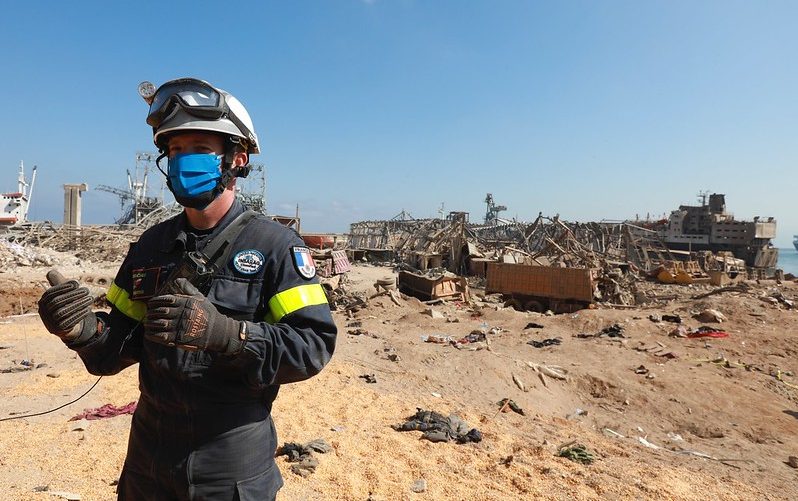

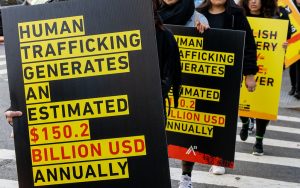
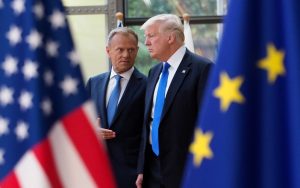
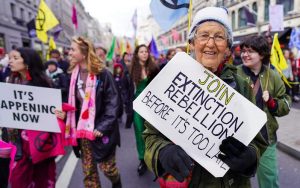
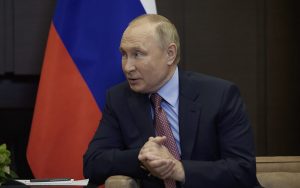

Be First to Comment